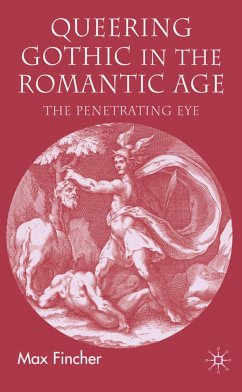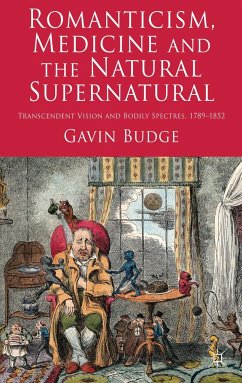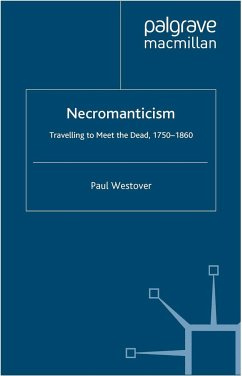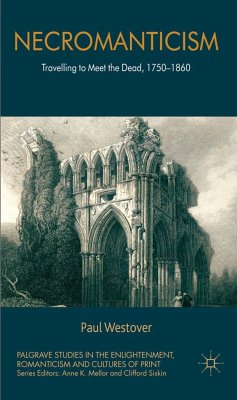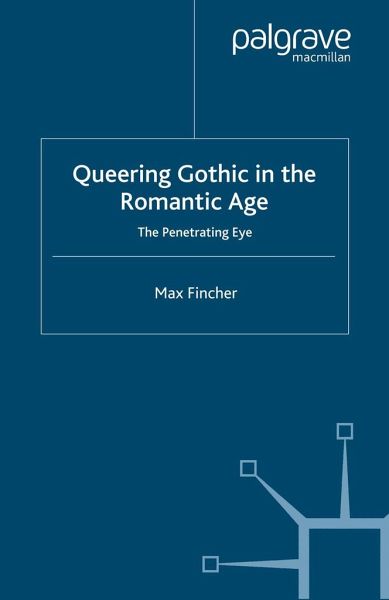
Queering Gothic in the Romantic Age
The Penetrating Eye
Versandkostenfrei!
Versandfertig in 6-10 Tagen
38,99 €
inkl. MwSt.
Weitere Ausgaben:

PAYBACK Punkte
19 °P sammeln!
This book argues that Gothic writing of the Romantic period is queer. Using a variety of texts, it argues that contemporary queer theory can help us to read the obliqueness and invisibility of same-sex desire in a culture of vigilance. Fincher shows how the Gothic's ambivalent gender politics destabilize heteronormative narratives.





